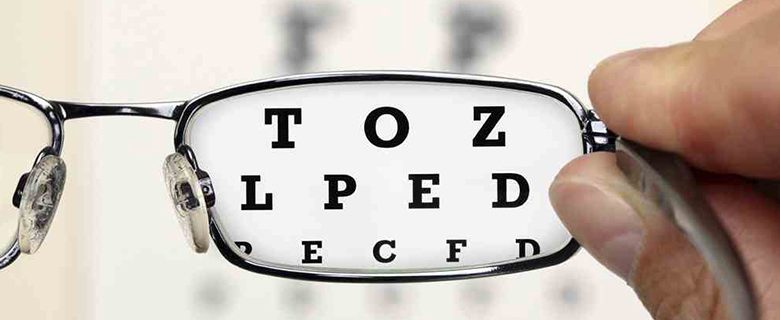
Guest post: eye testing at home – a social responsibility
Most of us think nothing of walking into our high street opticians to get our sight tested or to pick out a new pair of designer glasses.
But if you’re elderly and need help getting out and about, a visit to the opticians can seem like a challenge too far. Living with headaches, squinting to see the TV and coping with the constant worry of falling over are lesser obstacles to overcome than a trip into town.
And that means many people are suffering in silence, worried about failing eyesight or unaware that underlying conditions are escalating unchecked.
Home visits by mobile optometrists offer a solution that, for many, can be nothing short of life changing. Having the professionals come to you, whether you’re in your own place or in a care or residential home, could be right up your street.
Just sorting out a new prescription could mean the difference between driving to see friends and staying home alone. Even applying make-up or having a shave can be impossible tasks if you can’t focus. Simply put, being able to see properly enables people to enjoy life more and hang on to their independence for longer.
With 29 years of experience, Specsavers have more than 700 high street and shopping centre practices throughout the UK, has recognised the importance of reaching out to vulnerable people and will soon be taking its services out on the road.
Earlier this year the company bought Healthcall Optical Services, one of the UK’s largest providers of at home eye care. The new business, Specsavers Healthcall, will offer comprehensive optical services to hundreds of thousands of new customers.
Expert teams with specially adapted equipment will be available to visit elderly and infirm people in their own homes or in care homes offering them NHS-funded eye examinations, dispensing glasses and providing aftercare. As well as addressing and maintaining general eye health, they can test for more serious conditions such as glaucoma and cataracts, which can be caught early, treated or managed.
Specsavers director of professional services Paul Carrol said:
“As the UK population ages, it’s inevitable that there will be a greater need for domiciliary services. More and more of our customers will find it increasingly difficult to come out to a High Street branch and make use of the range of services we offer in store.
“Reaching out to people who are confined to their own homes or living in residential care is our next and natural step towards quality eye care for everyone.”
Check out…
• Volunteering: new skills and new experiences
• We need more disabled women on TV
• Top tips on moving out and becoming a student
Get in touch by messaging us on Facebook, tweeting us @DHorizons, emailing us at editor@disabilityhorizons.com or leaving your comments below.